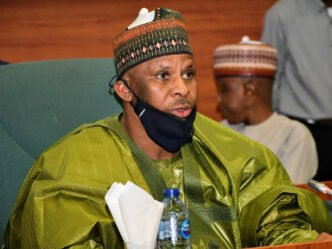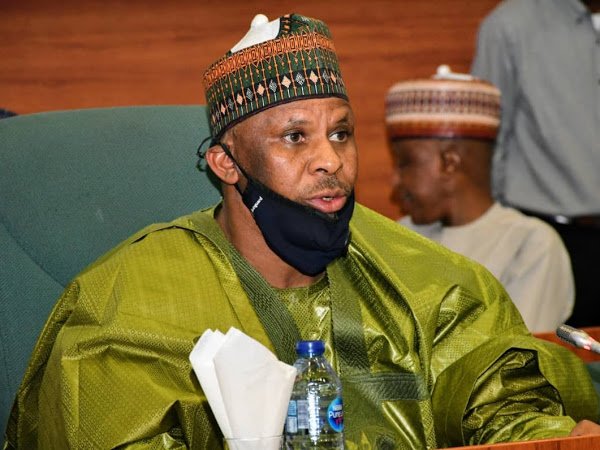Bill Sponsor: Hon. Usman Bello Kumo. Bill Progress: First Reading.
A new legislative amendment to the Constitution of the Federal Republic of Nigeria 1999 (Sixth Alteration) Bill, 2025, has been presented at the House of Representatives.
The bill tagged, HB 2506, seeks to amend the Constitution to formally establish new Local Government Areas (LGAs) in Gombe State. The bill is sponsored with five other representatives, highlights a concerted effort to bolster local governance in the state.
The main objective of this bill is to elevate new administrative units created by the Gombe State government to the level of full-fledged LGAs under the framework of the Nigerian Constitution. This step is essential for ensuring that these areas receive adequate recognition and funding from the federal government, thereby enhancing their capacity to serve their communities effectively.
One of the pivotal moments in the progression of this bill is its successful passage during the Second Reading in the House of Representatives. This milestone signifies that the House has approved the fundamental principles of the proposal and has moved forward to deliberate on its specifics. The approval is a clear indication of the growing recognition of the importance of local governance and the need for enhancements to administrative structures at the grassroots level in Nigeria.
The push for this federal amendment follows an earlier initiative by the Gombe State government, which successfully created 13 new Local Council Development Areas (LCDAs). This increase has raised the total number of grassroots administrative units in the state from 11 to 24. The establishment of these LCDAs was carried out by the Gombe State House of Assembly, sanctioning the creation based on Section 4(7) of the Nigerian Constitution. This specific provision grants states the authority to legislate on matters concerning their governance, reflecting a decentralized approach to administrative management.
However, while the formation of LCDAs by the state was a significant step toward improved local governance, the federal bill is necessary to fully actualize the aims behind this development. The transition from LCDAs to constitutionally recognized LGAs is a crucial procedural requirement for legitimizing the new administrative zones.
With the successful navigation of the legislative process, the bill has the potential to provide the necessary infrastructure for the effective operation of new LGAs. As a result, this initiative could significantly impact the socio-economic landscape of the state and serve as a critical benchmark for similar governance reforms across Nigeria. The ongoing developments underscore the importance of proactive legislative action in addressing the evolving administrative needs of Nigeria’s diverse population.












